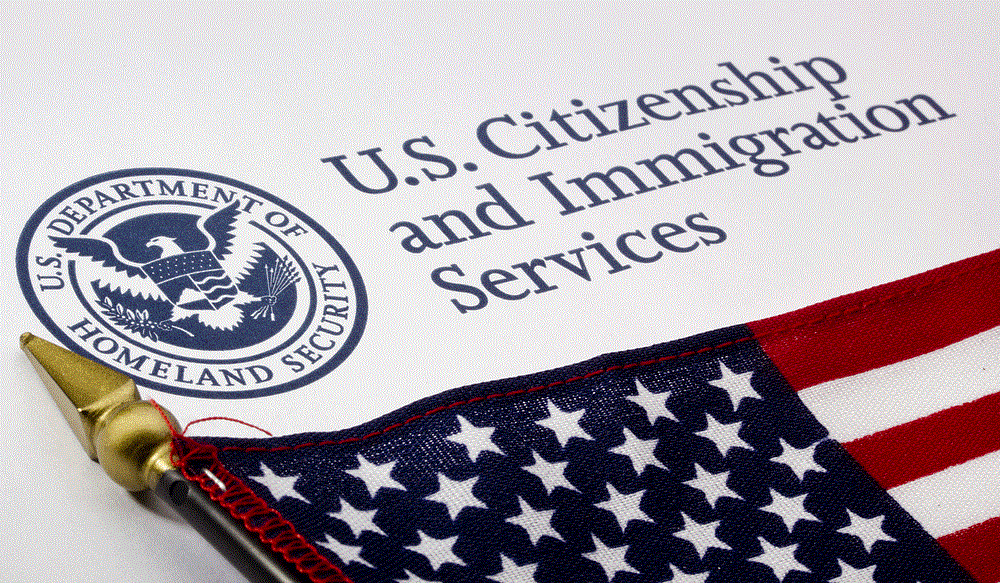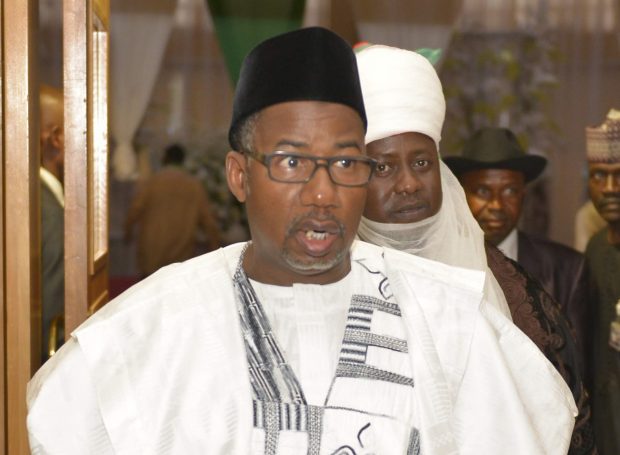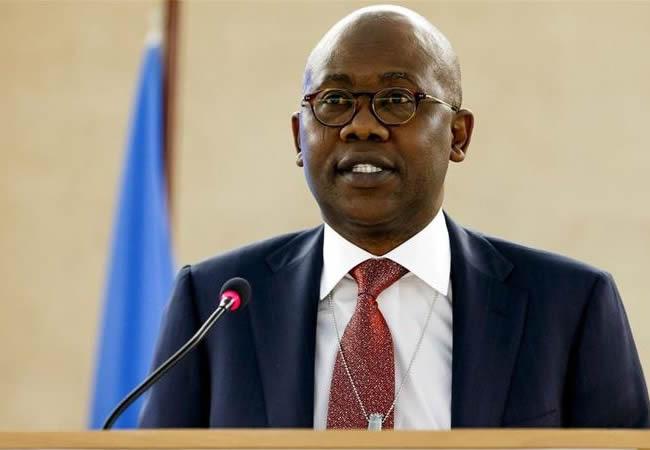Donald Trump, president of the United States of America, may sign an executive order expanding visa restrictions to seven countries including Nigeria.
The affected countries may be Belarus, Eritrea, Kyrgyzstan, Myanmar, Nigeria, Sudan and Tanzania.
The Wall Street Journal reports that the Trump administration might not place full visa bans on these countries as the restriction may be limited to certain types of visas like the business or visitor visa popularly referred to as B1/B2 visa type.
According to VisaGuide.world, the B1 visa is an individual temporary visa, which means one’s spouse, children, or other family members “cannot join you in the United States if you are the only one that has the B1 visa. In order to be able to join you, they must apply for a B2 visa or the US tourist visa. With this visa, they will be able to come to stay with you for 6 months, and then ask for extensions for up to 1 year if necessary”.
Advertisement
Trump is expected to announce the expanded travel restrictions on Monday, which would also mark the third-year anniversary of the first travel ban.
However, the list is not final.
The first travel ban issued by the Trump administration affected seven countries with a Muslim majority.
Advertisement
The second was issued in March 2017 and a third in September 2017.
The supreme court upheld the travel ban in 2017 after two appeal courts had initially blocked the move.
The US government had said the travel restriction is necessary to prevent potential acts of terrorism because countries on the list do not adequately screen travellers.
At present, restrictions blocks travellers from Libya, Iran, Somalia, Syria, Yemen, North Korea and Venezuelan politicians. Chad, a West African country, was removed from the list in April 2018.
Advertisement
Wall Street Journal reports that the new countries have a “relatively higher rates of their citizens overstaying visas in the US”.
According to data released by the department of homeland security, 24% of Eritreans, 15% of Nigerians and 12% of people from Sudan overstayed their visas in 2018.
1 comments








WHO CARES ,IT IS BETTER THEY BAN OUR POLITICIANS ,SO THAT THEY REBUILT NIGERIA